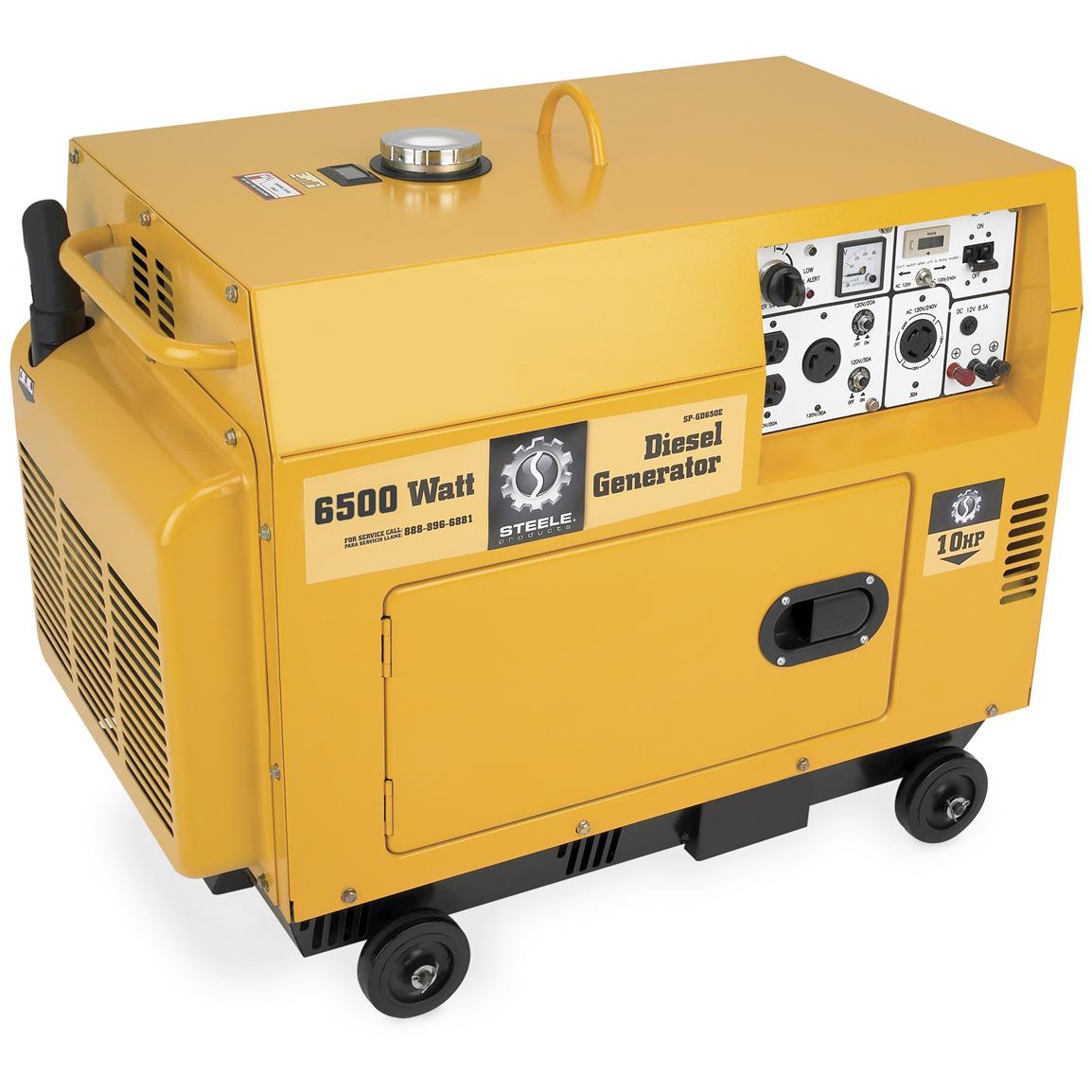Ensuring Efficient Operations with Diesel Generators for Factory Inspections

In any manufacturing industry, the smooth and uninterrupted operation of machinery and equipment is crucial for efficient production. However, power outages are inevitable and can cause major disruptions in factory operations, leading to financial losses and delays in meeting production targets. This is where diesel generators come into play as a reliable backup power source for factories.
A diesel generator is a type of generator that uses a diesel engine to convert mechanical energy into electrical energy. It consists of a diesel engine, an alternator, a fuel tank, and a control panel. The diesel engine powers the alternator, which produces electricity. The control panel allows for the monitoring and regulation of the generator's functions.
In this article, we will delve into the importance of diesel generators for factory inspections and discuss their features, benefits, and maintenance.
Importance of Diesel Generators for Factory Inspections
In a factory setting, a power outage can bring operations to a standstill, resulting in a loss of productivity and revenue. This is especially true for industries that rely heavily on machinery and equipment, such as manufacturing, pharmaceuticals, and food processing. In such cases, a diesel generator is essential for maintaining a continuous power supply during an outage.

Moreover, factories often require regular inspections and maintenance of their equipment to ensure optimal performance and prevent breakdowns. These inspections can be time-consuming and may require shutting down power to certain sections of the factory. With a diesel generator, factory inspections can be carried out without disrupting the overall operations. This ensures that the factory remains in operation, and production targets are not affected.
Features of Diesel Generators for Factory Inspections
1. High Power Output: Diesel generators are designed to provide a high power output, making them suitable for powering heavy machinery and equipment in factories. They can easily handle the high starting currents required by industrial equipment, making them a reliable backup power source.
2. Portability: Diesel generators are compact and can be easily moved around, making them suitable for use in factories where space is limited. They can also be transported to different locations within the factory premises, providing flexibility in case of power outages in specific areas.
3. Low Maintenance: Diesel generators have a simple design and require minimal maintenance compared to other types of generators. This makes them a cost-effective option for factories, as they do not require frequent servicing or replacement of parts.
4. Fuel Efficiency: Diesel generators are known for their fuel efficiency, making them a preferred choice for factories. They can run for long periods on a single tank of diesel, reducing the need for frequent refueling.
Benefits of Diesel Generators for Factory Inspections
1. Reliable Backup Power: One of the key benefits of diesel generators for factory inspections is their reliability. They provide a continuous power supply during outages, ensuring that factories can continue their operations without any interruptions.
2. Cost-Effective: Diesel generators are cost-effective in the long run as they require minimal maintenance and have a longer lifespan compared to other types of generators. This makes them a cost-effective option for factories, especially for those with a tight budget.
3. Quick Startup: Diesel generators have a quick startup time, which means they can provide power within seconds of an outage. https://www.lkpowerplant.com is crucial for factories, as any delay in restoring power can result in significant losses.
4. Versatile: Diesel generators can power a wide range of equipment and machinery, making them suitable for various industrial applications. They can also be used as a primary or backup power source, providing flexibility in case of emergencies.
Diesel generator for small businesses of Diesel Generators for Factory Inspections
Like any other machinery, diesel generators require regular maintenance to ensure optimal performance and extend their lifespan. Here are some maintenance tips for diesel generators used in factory inspections:
1. Regular Servicing: It is essential to schedule regular servicing of diesel generators to keep them in good working condition. This includes checking the oil levels, changing the filters, and inspecting the fuel lines for any leaks.
2. Test Runs: It is recommended to conduct test runs of the diesel generator at least once a month to check its performance. This will help identify any potential issues and ensure that the generator is in good working condition.
3. Fuel Quality: The quality of fuel used in diesel generators is crucial for their performance and longevity. It is important to use high-quality fuel and ensure that it is stored properly to prevent contamination.
4. Battery Maintenance: The battery of a diesel generator should be checked regularly to ensure it is charged and in good condition. This is important as the battery is responsible for starting the generator.
5. Keep the Generator Clean: It is important to keep the diesel generator clean and free from dust and debris. https://www.lkpowerplant.com/industrial-diesel-generator-for-sale-in-bulk/ will prevent any clogging or damage to the engine, ensuring its efficiency.
Conclusion
In conclusion, diesel generators play a crucial role in ensuring the smooth and uninterrupted operation of factories. They provide a reliable backup power source during outages and allow for uninterrupted factory inspections and maintenance. With their high power output, portability, and low maintenance, diesel generators are a cost-effective option for industries that rely heavily on machinery and equipment. Regular maintenance and proper care are essential for maximizing the lifespan and performance of diesel generators. Therefore, factories must invest in high-quality diesel generators and adhere to a strict maintenance schedule to ensure efficient operations and avoid any unnecessary disruptions.
